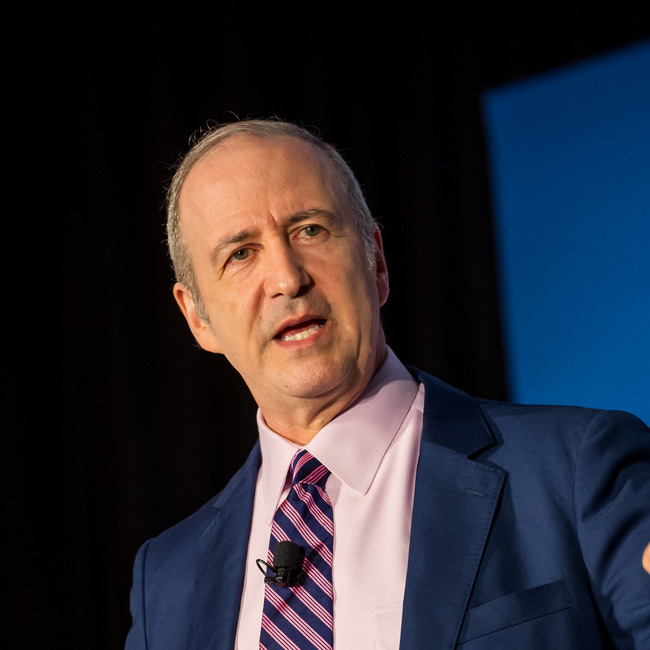Column: Is It Still Cheating If I Don't Get Caught?
Dr. Bruce Weinstein, "The Ethics Guy", writes an ethics column for BusinessWeek.com. In addition, he speaks regularly to education and business groups about ethical issues. Here is an excerpt from his latest book, Is It Still Cheating If I Don't Get Caught?, which is also the title of one of his most timely keynote addresses:
Dear Dr. Weinstein,
During a test, I saw a girl copying off of the person next to her. She saw that I had seen her, and after class, asked me not to tell. She said she’d never cheated before and that she was going through a difficult time at home. Her parents were getting a divorce, and she hadn’t been able to concentrate on her homework. She promised she wouldn’t do it again.
We have an honor code at school, and we’re supposed to report violations of the code. But I’m not a rat. Besides, if she’s telling the truth about her parents, I can kind of understand why she did it. What should I do?
There’s no way around it; this is a tough situation. Not only did a fellow student cheat, but she also violated the school’s honor code. Presumably the code doesn’t say, “Students may not cheat, unless they are going through a difficult time at home, or have just broken up with someone, or simply didn’t feel like studying.” It likely says that if you present someone else’s work as your own, you are cheating, and you will be punished.
Whether your school has an honor code or not, it might be tempting to forget the incident and go on with your life. But is that the right thing to do?
The Fairness Factor
Cheating is one of the most flagrant violations of the ethical principle of fairness. Suppose the cheater gets an A after copying the answers from the student who achieved that grade through hard work. Two people are now being treated unfairly: the person the cheater copied from, whose grade now means less, and the cheater herself, who is posing as someone she isn’t. Actually, everyone in the class who did honest work is being treated unfairly by the cheater. They could rightly say, “I studied for this exam and got an honest grade, but the cheater got the best grade possible without doing any work. That’s not fair!”
If you go along with what the cheater has asked of you, she might cheat again. One reason people cheat is because they haven’t been held accountable for their actions. Of course, telling the teacher what you witnessed isn’t a guarantee that the cheater won’t repeat the offense. For that to stop, the school must punish her and make clear that further misconduct won’t be tolerated. She also has to make a commitment not to cheat again. Schools and parents can do their best to prevent students from taking the easy way out, but ultimately it’s up to students themselves to do the right thing.
The reluctance to be a “rat” is understandable, but what might happen to you if your teacher finds out you knew about the cheating but did nothing about it? The teacher might sympathize with your dilemma, but might also be disappointed that you didn’t come forward. You could also face a reprimand from the school for not following the honor code.
Keeping quiet simply isn’t the right thing to do. You must tell your teacher what you saw. No one likes having to do such a thing, but you have nothing to be ashamed of. You haven’t done anything wrong.
Besides the ethical principle of fairness, we must also consider the ethical principle of compassion. If the cheater is telling the truth and really is experiencing a turbulent home life, she would benefit from counseling, which the school can provide. Yes, she should be punished, but a compassionate response would also include help.
Understanding ethical principles can help you know how to do the right thing at school, at home, or wherever you happen to be.
For information on how to bring Dr. Bruce Weinstein to speak about ethics issues for your next event, fill out the "Check Availability" form at PremiereSpeakers.com/Bruce_Weinstein.









